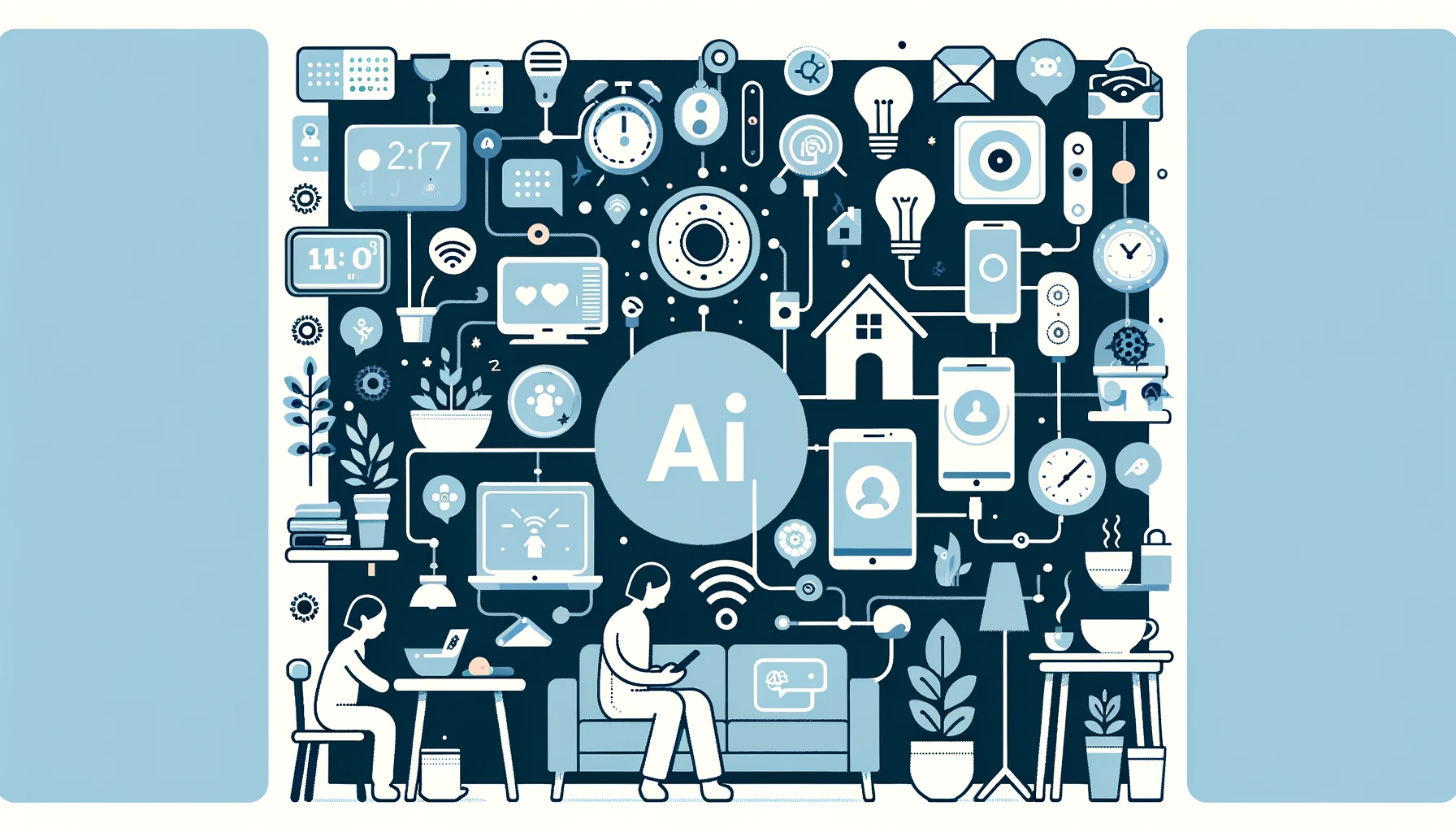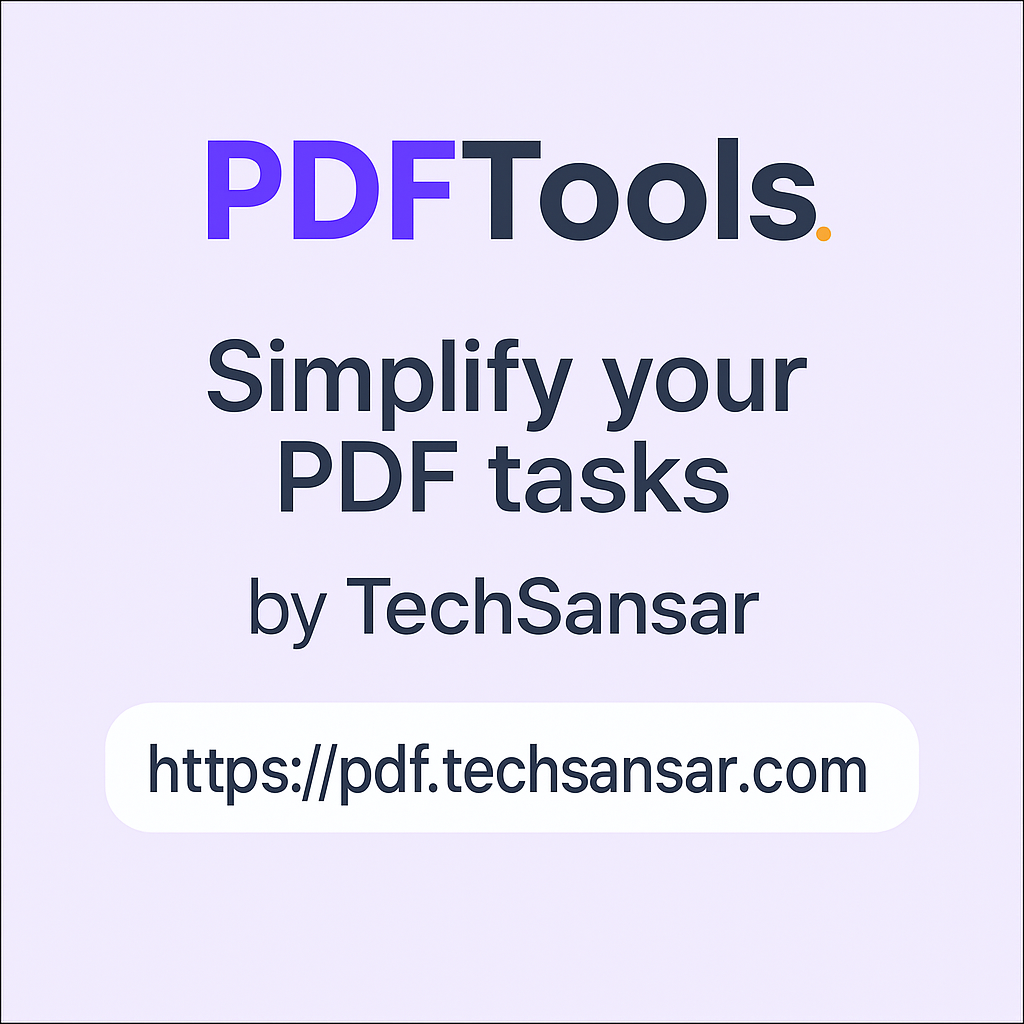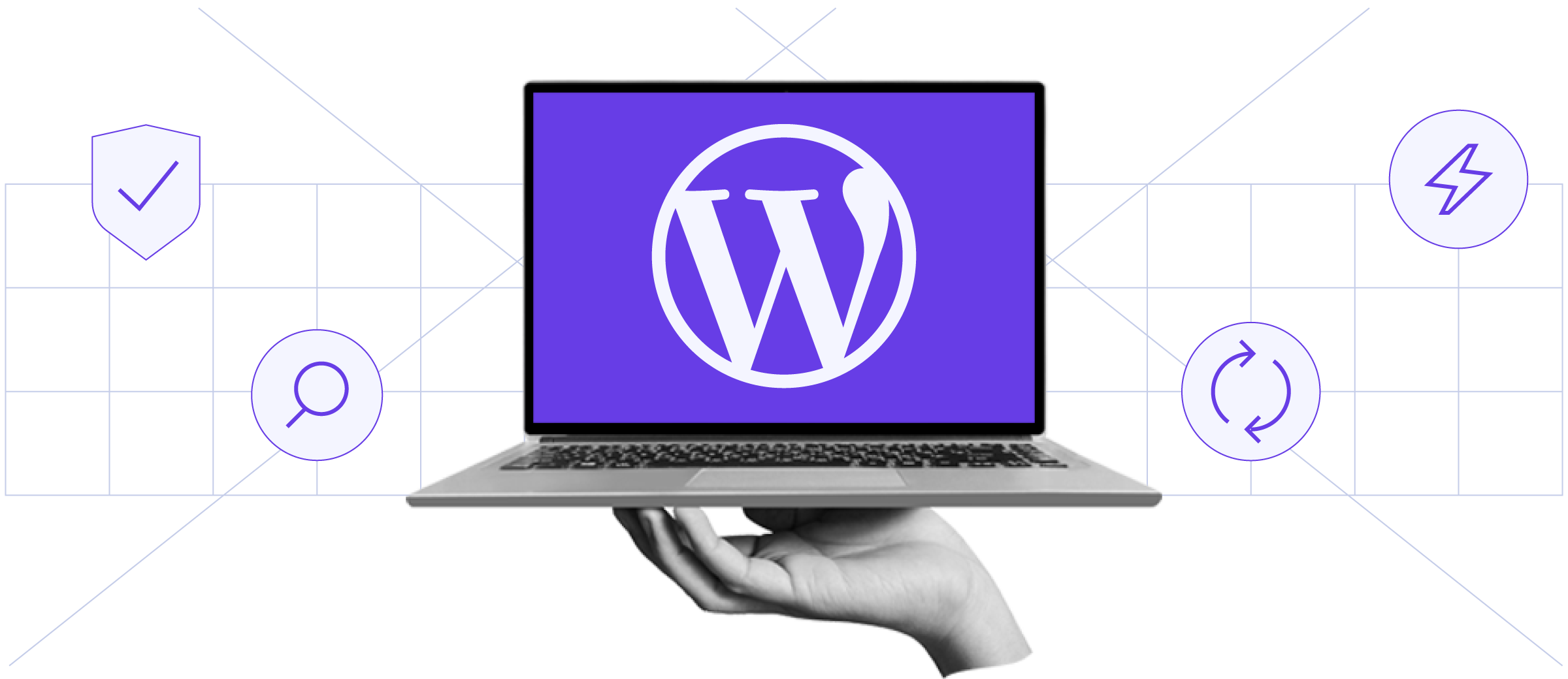ChatGPT is not just a sensation and Google Bard’s experimental conversational search is not just another way to search the web, neither Anthropic claude’s nor xyz’s LLMs taken for granted in 2024. AI-assistants, specifically AGI or GAI, are being integral part of our lives ever since chatGPT brought the excitement to how the content is created or consumed for us starting last year. There is no option not to be AI illiterate in 2024.
To become AI literate in 2024 as a general internet or device user, such as a daily office worker or just a commoner, consider the following practical steps to make yourself familiar and call yourself AI literate.
1. Familiarize with Common AI Tools:
Start using popular AI tools that are relevant to everyday tasks. For example, use AI-based voice assistants like Siri or Google Assistant for scheduling or reminders. Explore ChatGPT for generating emails, reports, or creative writing. Experiment with these tools in a way that enhances your daily productivity. You don’t have to be a techie or an expert, just get used to with the common AI tools, start easy.
2. Understand Basic AI Concepts:
Gain a basic understanding of how these AI tools work. You don’t need deep technical knowledge; just a general idea of how AI processes information and learns from data can be sufficient. This could involve reading simplified articles or watching explanatory videos online. Now that you can get summary of a YouTube without even watching it, or feed a long article to AI and you will get a TL;DR version.
3. Ethical Awareness:
Be aware of the ethical implications of AI use. Understand that AI tools can have biases and may not always provide perfect results. Be cautious about relying entirely on AI for critical decisions and always apply your judgment.
4. Stay Updated:
Keep up with the latest developments in AI tools that you use regularly. This could involve reading update logs for apps, following tech news, or subscribing to newsletters from AI service providers. This doesn’t mean you need to get updated about the LLM technology just just new AI features as they are announced.
5. Practice Effective Communication with AI:
Learn how to communicate effectively with AI tools. For example, being clear and specific in your queries with ChatGPT can yield better responses. Understand that the quality of AI output often depends on the input it receives. You can even save your prompt whenever you are happy with the response generated by ChatGPT, for example.

6. AI in Everyday Life:
Think about how AI is integrated into everyday devices and services, like recommendation systems on streaming platforms, email spam filters, or smart home devices. Recognizing these AI interactions in daily life enhances your understanding and awareness. Give Google Bard a try to tell you which movies to stream during the new year days.
7. Engage in Online Communities:
Participate in online forums or social media groups focused on AI tools. These communities often share tips, experiences, and best practices that can be very helpful for a general user. This option is only good to have, and it is perfectly okay if you can’t engage with online communities focused on AI.
8. Critical Thinking and Verification:
Always verify the information provided by AI tools. Use AI as a starting point or a helper, but cross-check important information through reliable sources. As of now, you should NOT rely 100% on Claude or Bard’s response, or even ChatGPT or any other assistant, but you should get fairly good enough idea on how to move ahead with your case.
9. Privacy and Security:
Be mindful of privacy and security when using AI tools. Understand what data you are sharing and how it might be used by the AI service providers. Always use your persona, like ChatGPT’s custom instructions, which gives your tailored responses. Use XYZ as your name or company’s name when requesting for personal or otherwise confidential information, or sensitive analysis.
10. Explore AI for Personal Development:
Use AI tools for personal learning and development. For example, language learning apps with AI, or AI-driven fitness and wellness apps, can be part of your daily routine. You can learn Nepali using AI or ask assistants to teach you certain life hacks, or processes for your own growth; or prepare to get extinct.
AI assistants are evolving and getting smarter every single day, and with LLMs being better you can expect to get a better result every next day. By adopting these practices, you can enhance your AI literacy as a general user, making the most of AI technologies in your daily life while being aware of their limitations and implications. AI is not just for expert, make AI assistants work for you!








